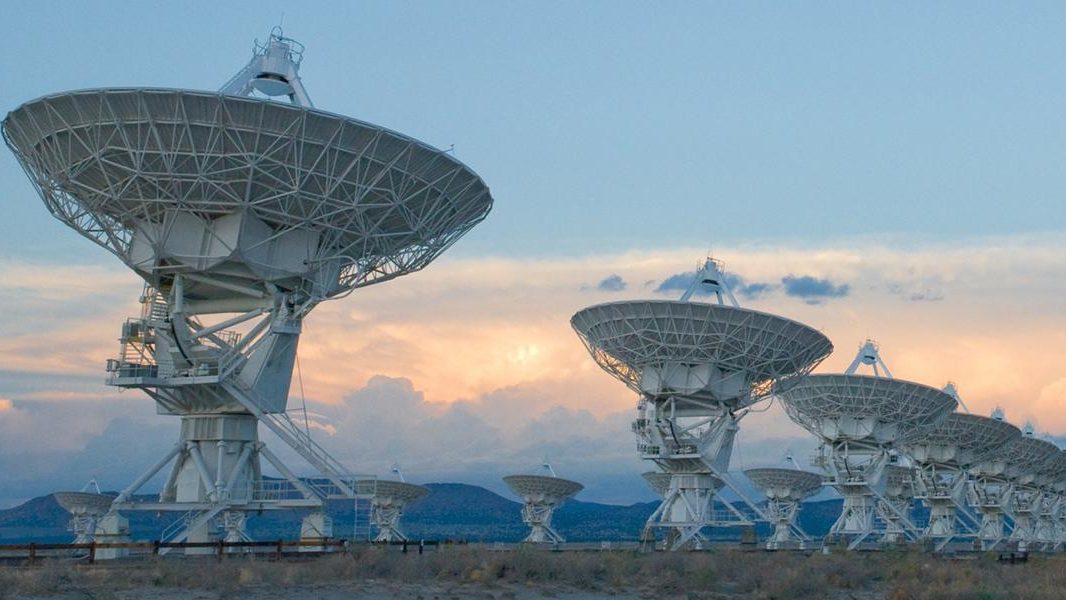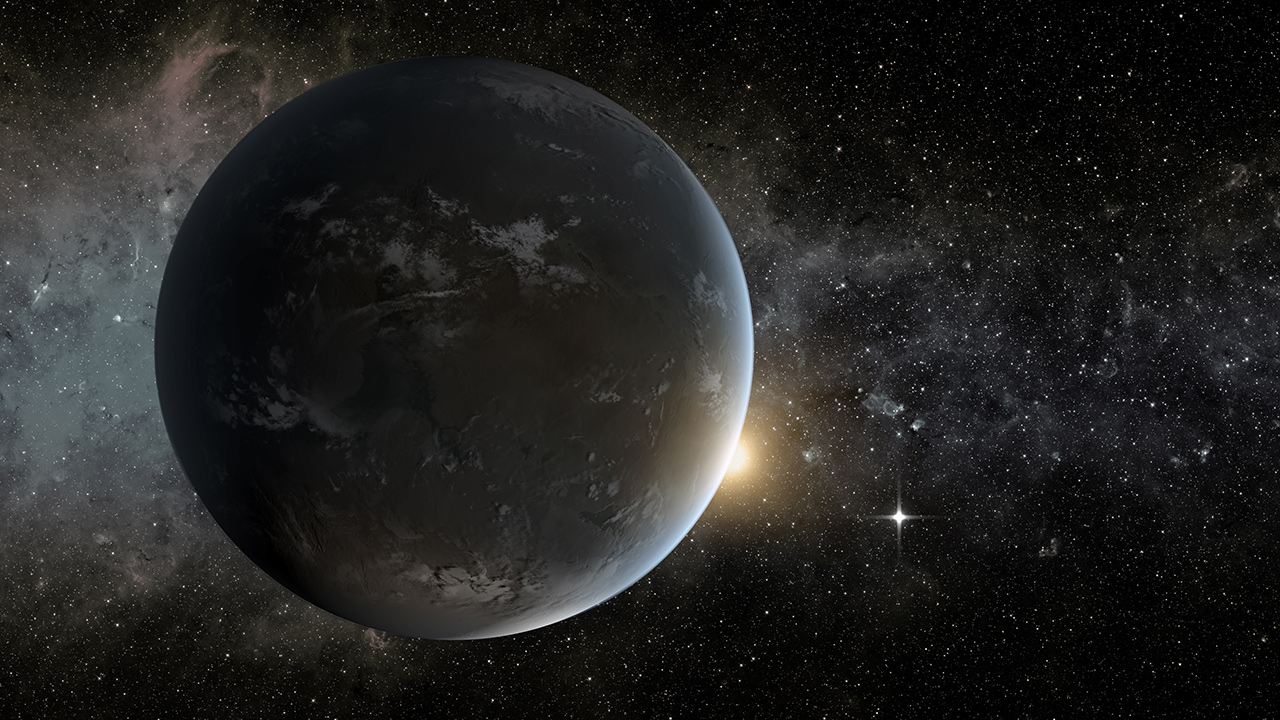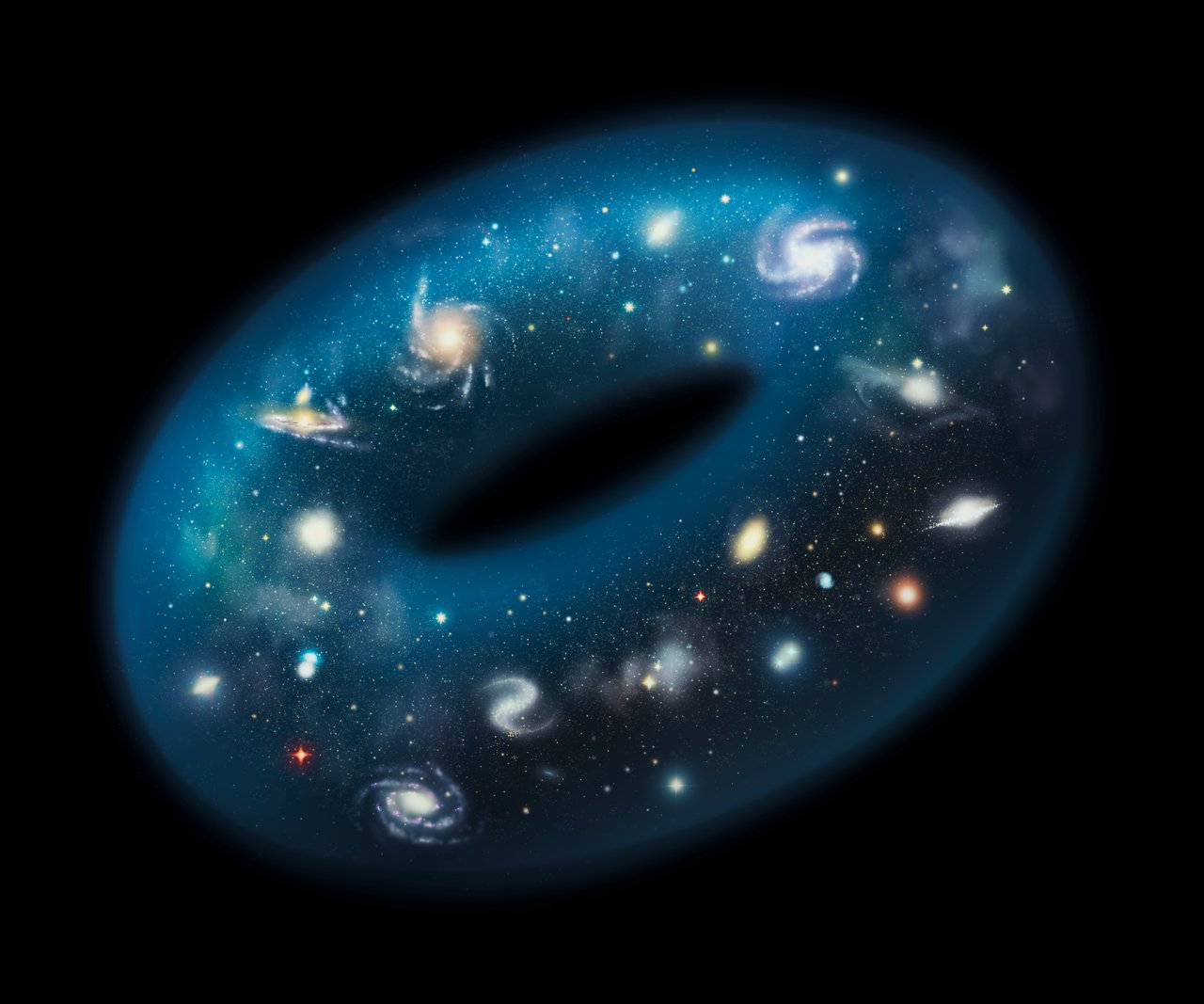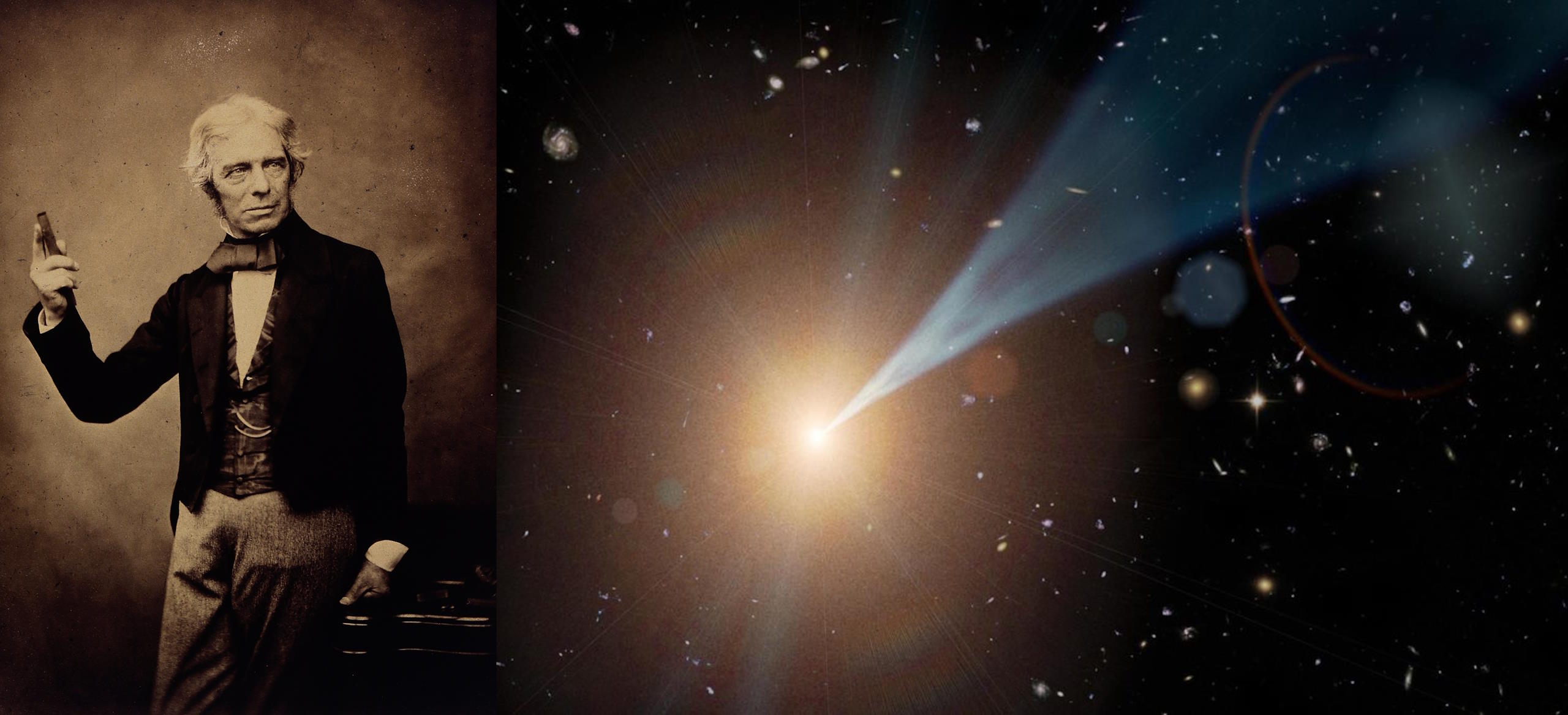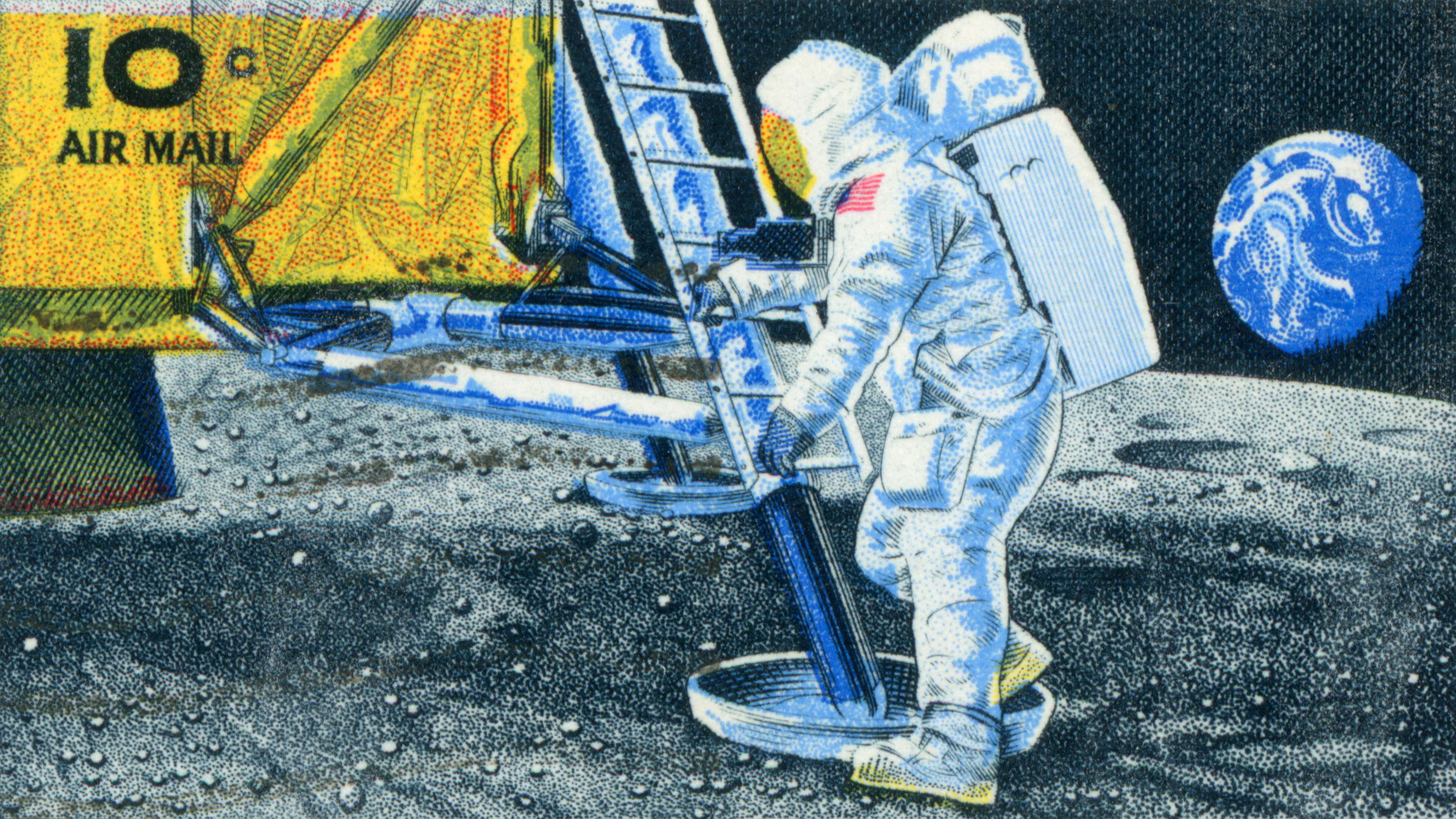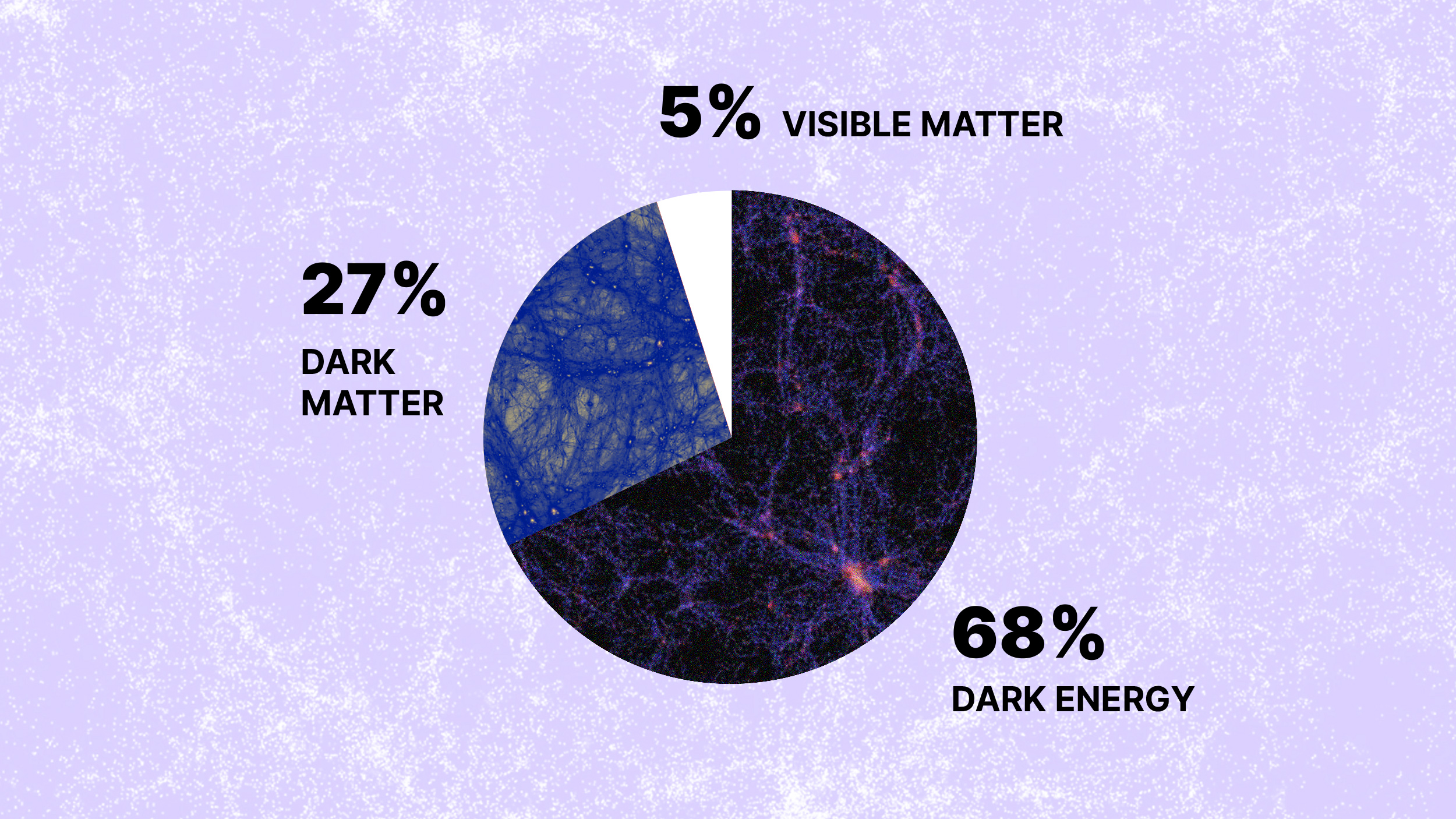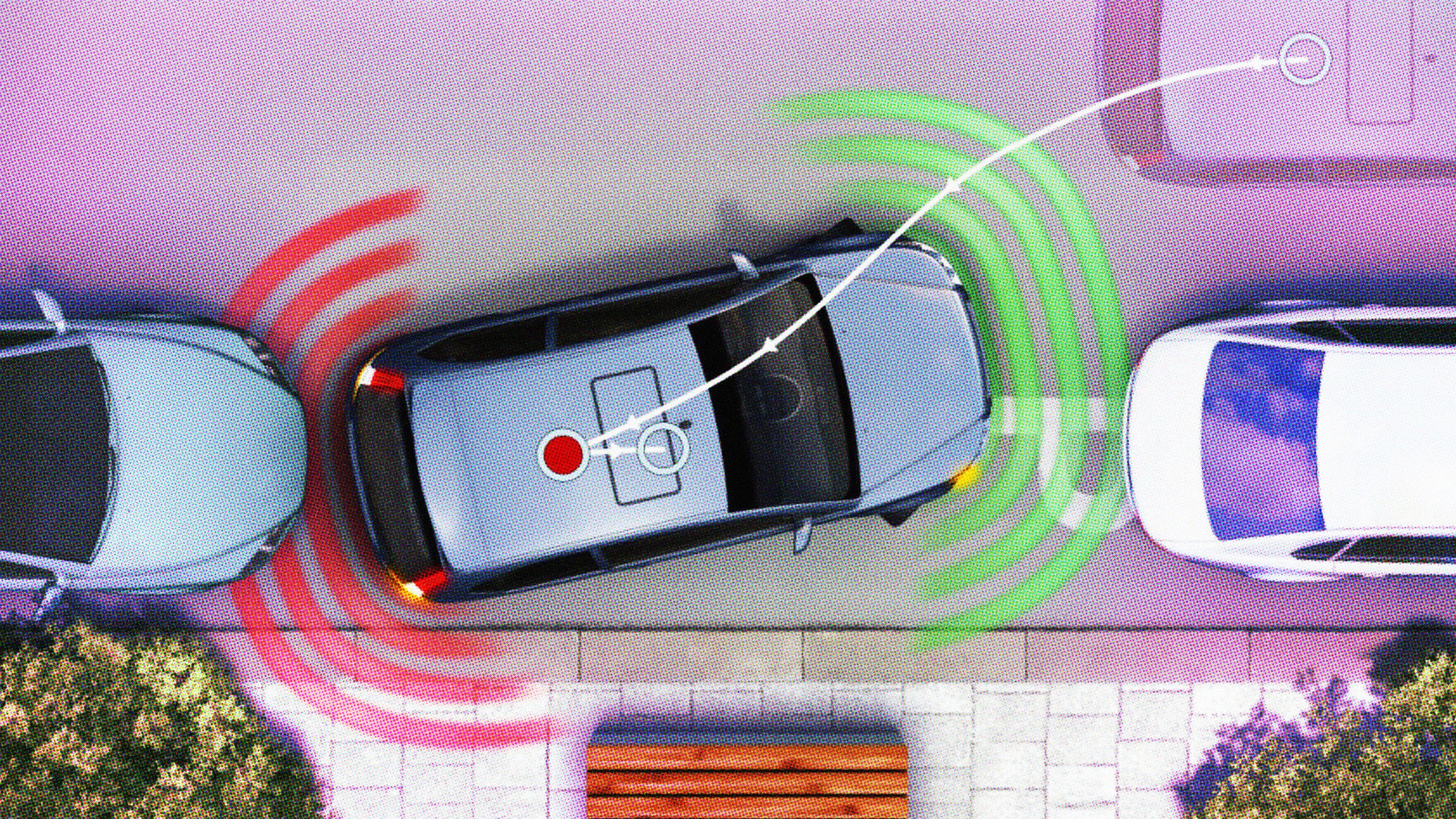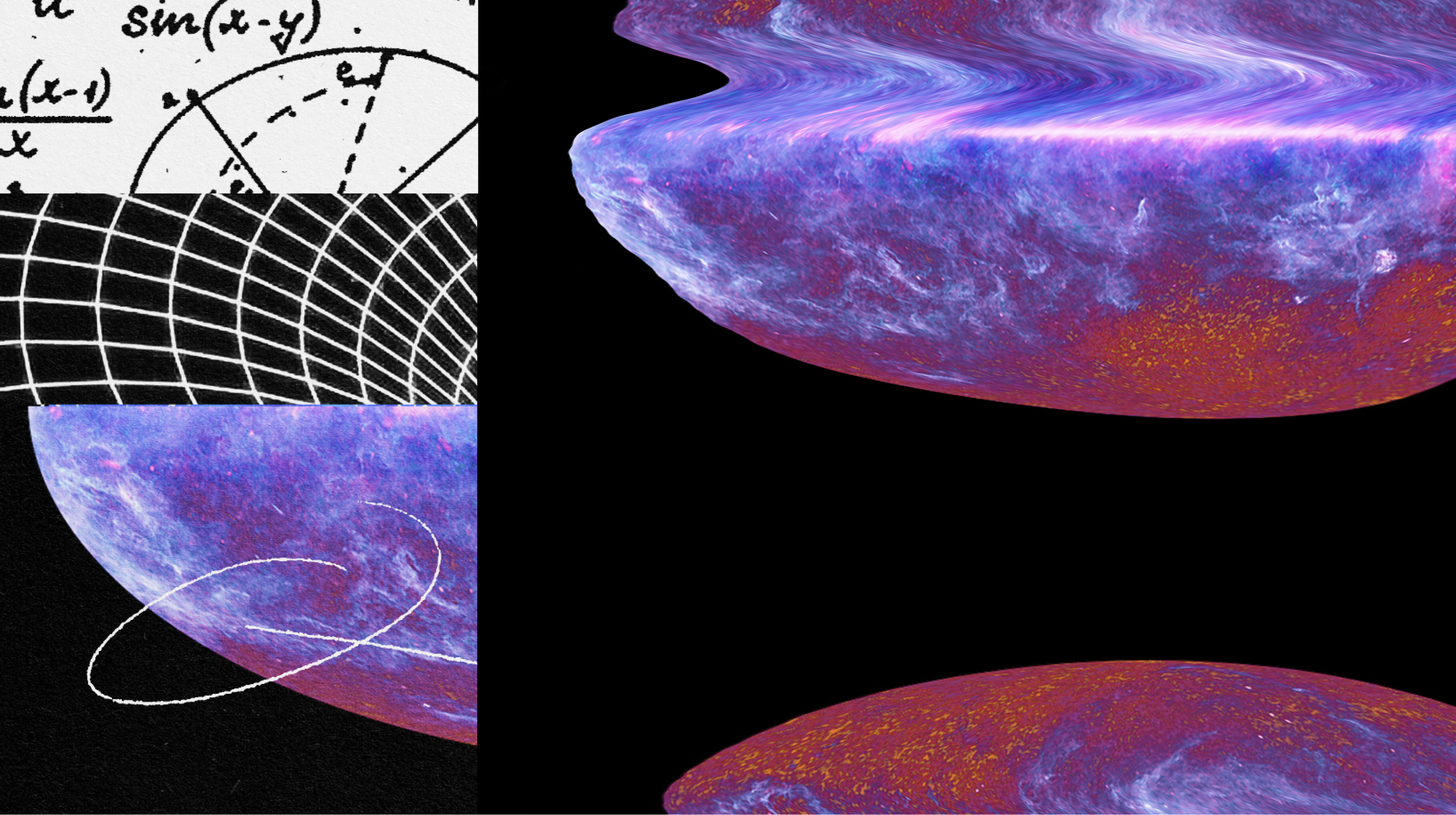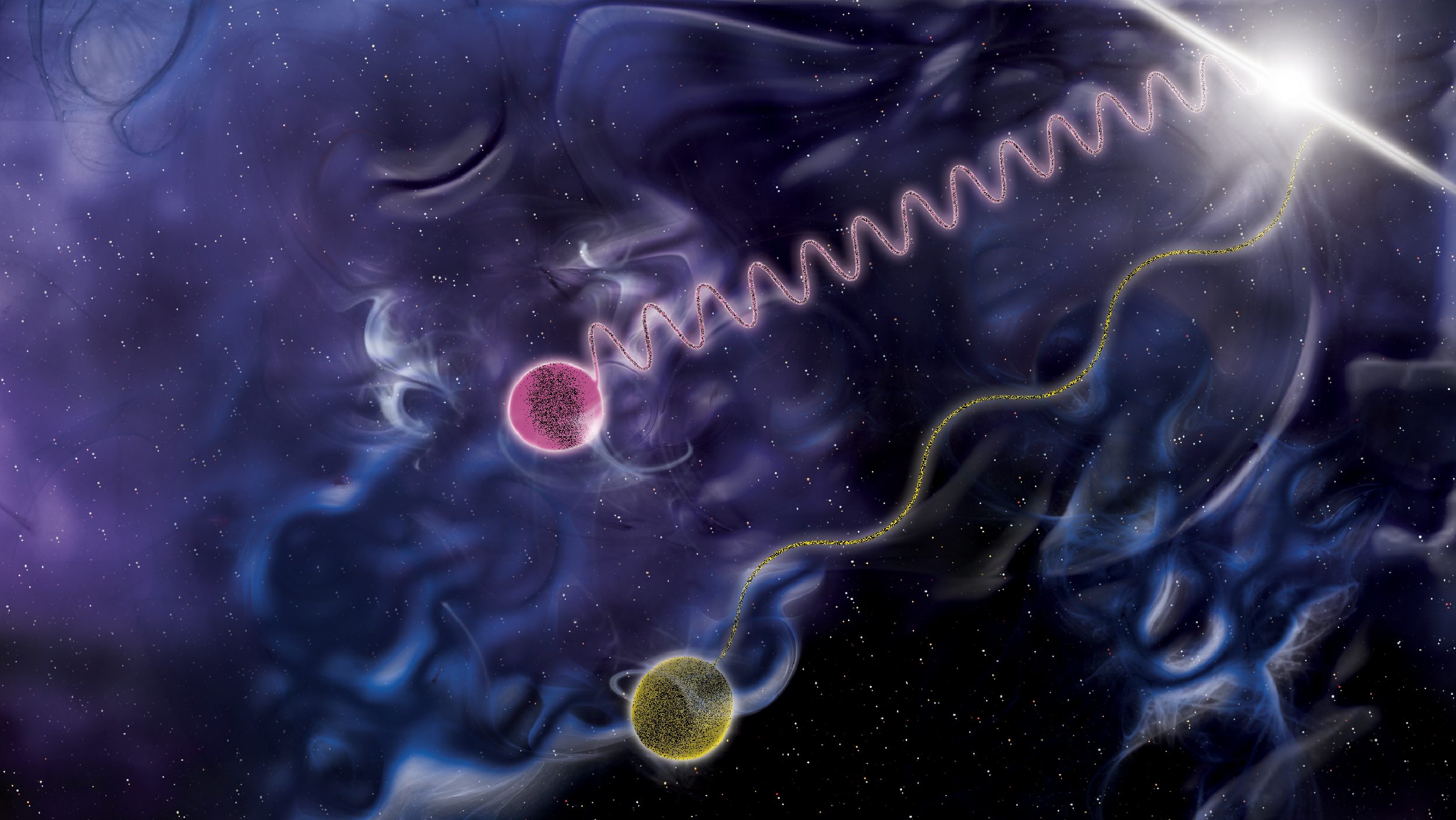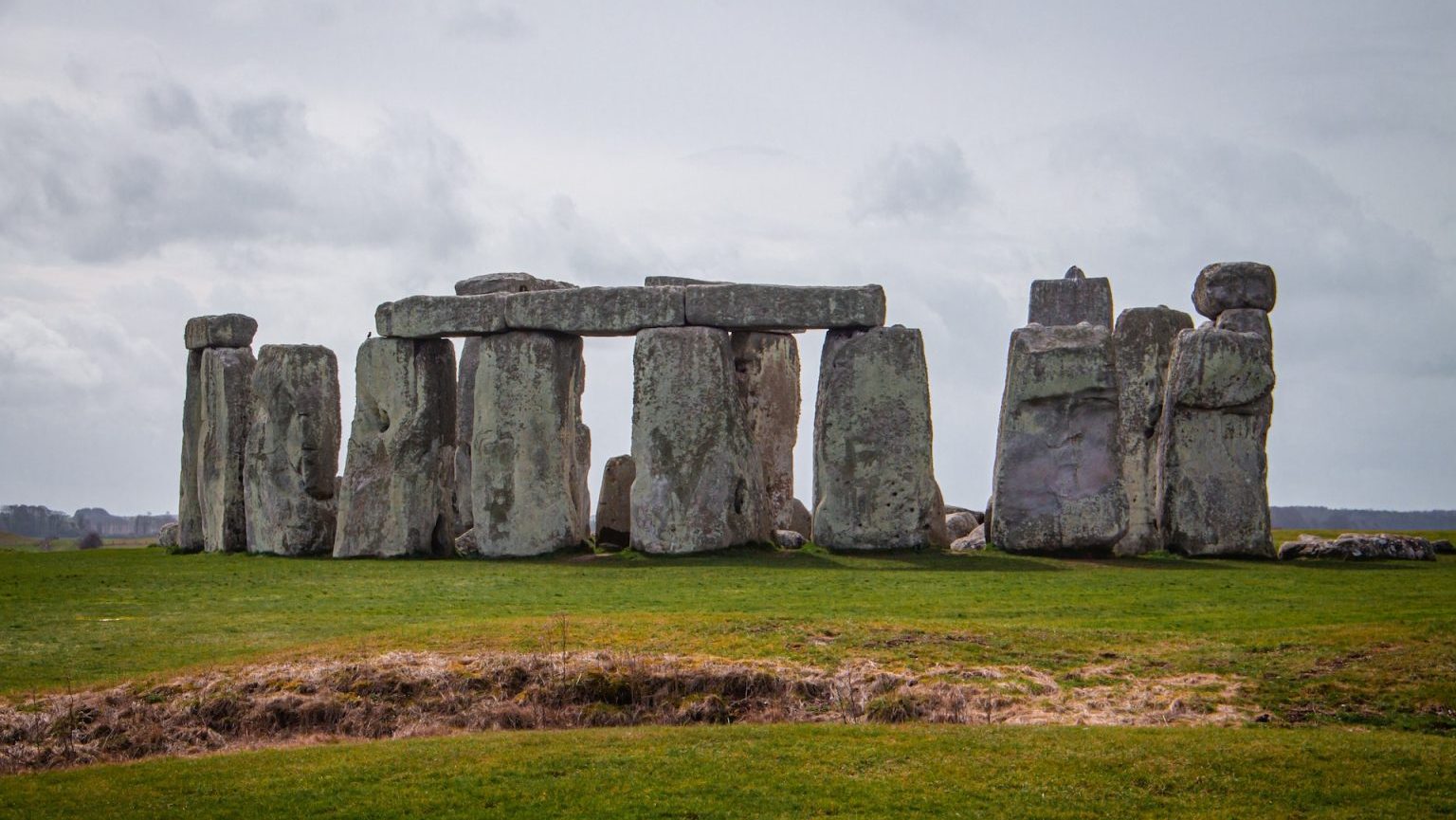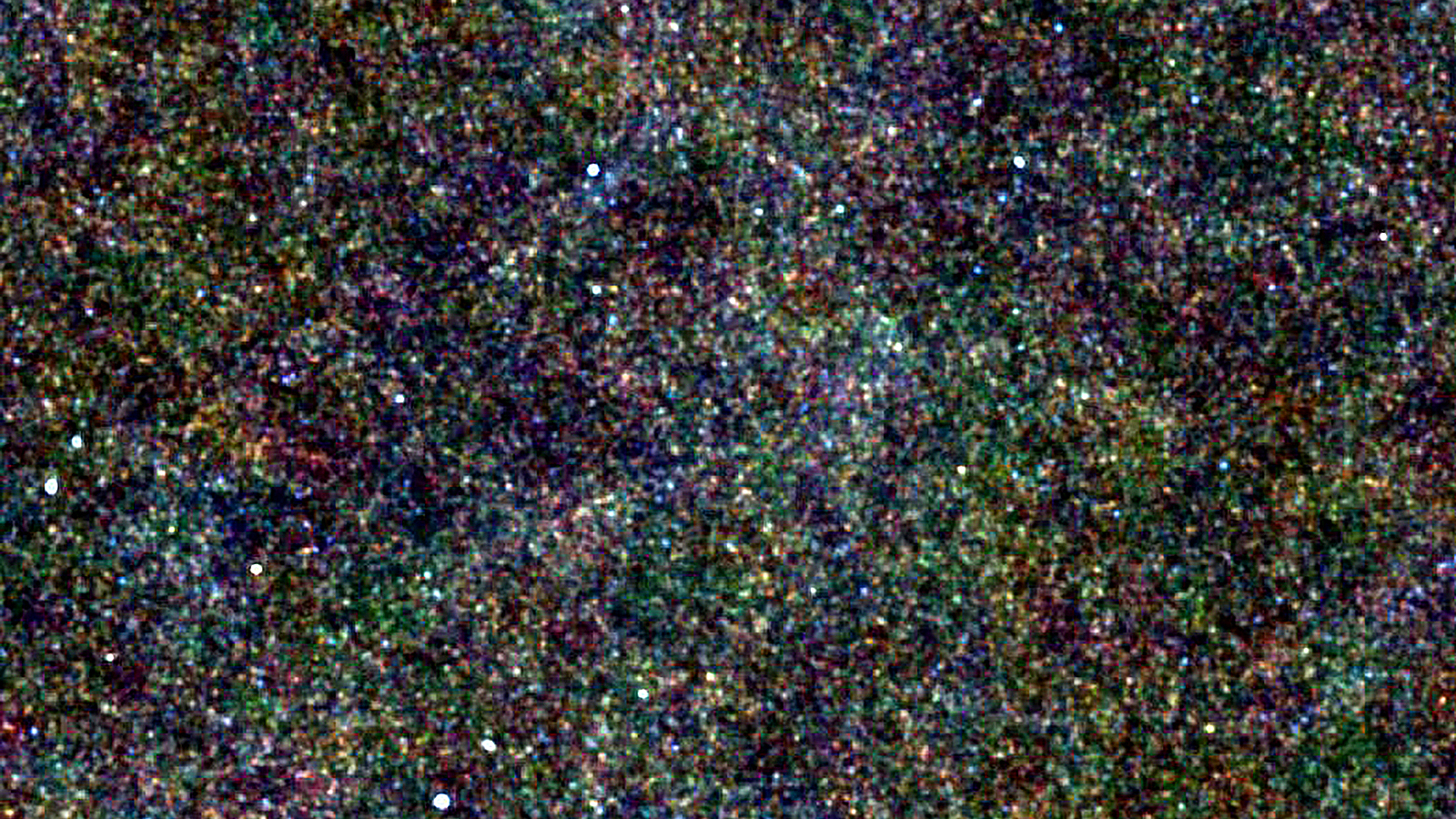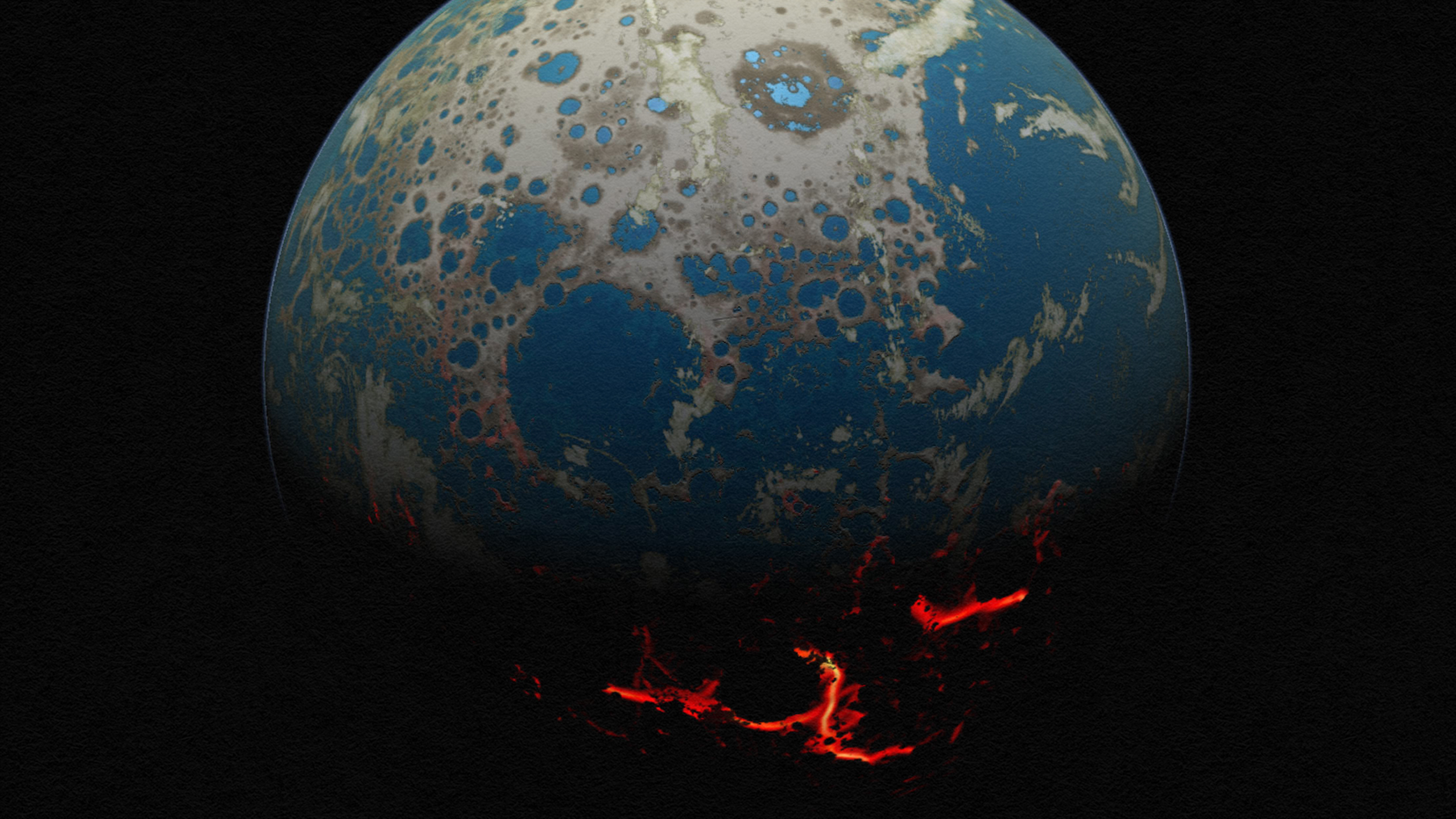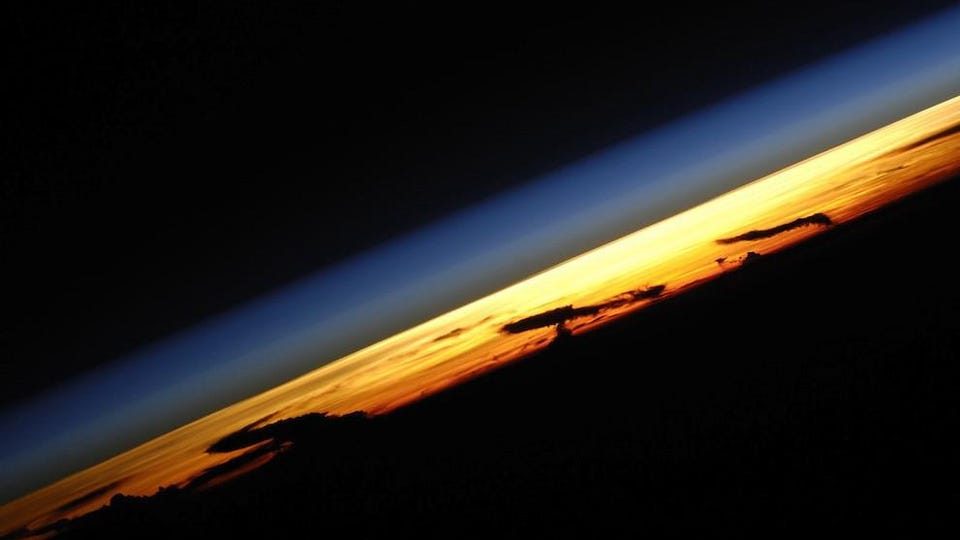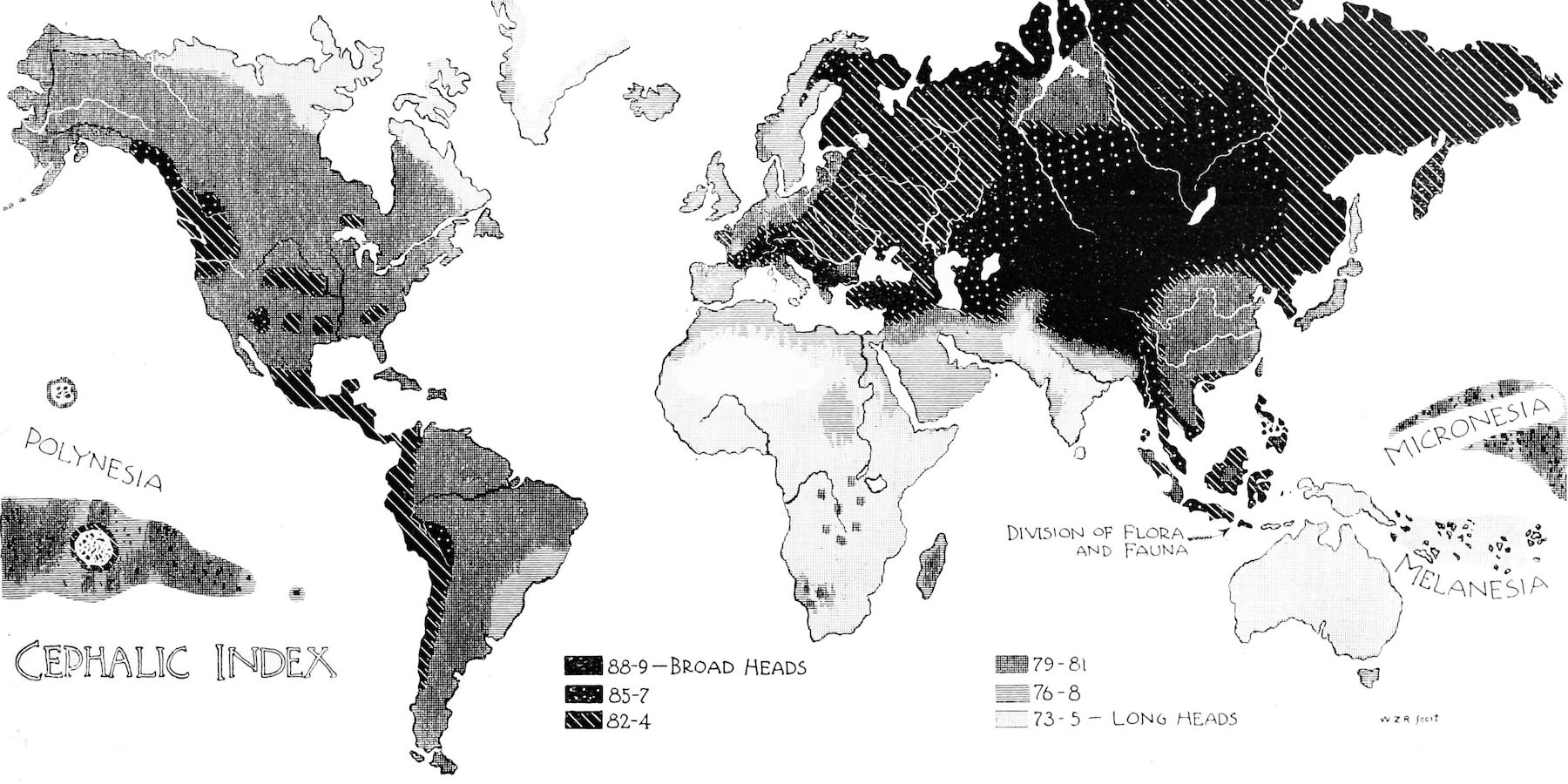The sharpest optical images, for now, come from the Hubble Space Telescope. A ground-based technique can make images over 100 times sharper.
Search Results
You searched for: Imagin today
The management of fear is a core leadership skill in today’s globalized world — and the task is not as daunting as you might expect.
In 2023, data from the James Webb Space Telescope soured hopes that TRAPPIST-1 c had an atmosphere. That disappointment might have been premature.
Forgetting and misremembering are the building blocks of creativity and imagination.
Gary Vaynerchuk, CEO of VaynerMedia, explains how to find branding success by making “boulders” out of “pebbles.”
Is the Universe finite or infinite? Does it go on forever or loop back on itself? Here’s what would happen if you traveled forever.
People who have a regional accent might prefer robots who speak like them over generic voices.
Michael Faraday’s 1834 law of induction was the key experiment behind the eventual discovery of relativity. Einstein admitted it himself.
In the spirit of the 1969 moon landing, we now have a golden opportunity to pursue “nondisruptive” creative solutions.
A battle between different kinds of love.
When you do something with all your heart and mind, you do it with “meraki.” When we lack this feeling, it can lead to burnout.
I also can’t conjure sounds, smells, or any other kind of sensory stimulation inside my head. This is called “aphantasia.”
The Universe is expanding, and the Hubble constant tells us how fast. But how can it be a constant if the expansion is accelerating?
Early on, only matter and radiation were important for the expanding Universe. After a few billion years, dark energy changed everything.
Why the road to self-driving vehicles is paved with smarter “dumb” cars.
Startup success can often hinge on a key lesson derived from behavioral science … and Jerry Seinfeld’s “Night Guy vs. Morning Guy” routine.
Daydreaming can be a pleasant pastime, but people who suffer from maladaptive daydreaming are trapped by their fantasies.
Too many leaders create an imbalance between thinking and doing — but a clear vision can be sharpened through deep reflection.
Cosmology is unlike other sciences. When our view of the Universe changes, so does our understanding of philosophy and science itself.
The Michelson-Morley experiment of 1887, despite expectations, revealed a null result: no effect. The implications were revolutionary.
The clash of academic archaeology and what might be called folk archaeology comes into stark focus at Stonehenge.
Self-help often distills philosophical ideas for the modern ear. Sometimes, its better to go back to the source.
It’s time to bring “friendship love” back.
All the things that surround and compose us didn’t always exist. But describing their origin depends on what ‘nothing’ means.
Hang on to something — or ride the wave — because three big tech trends are about to converge.
Looking back on our planet’s early history offers a new (and less crazy) meaning for the idea of a “flat Earth.”
Figuring out the answer involved a prism, a pail of water, and a 50 year effort by the most famous father-son astronomer duo ever.
The rise and fall of Josh Harris — the genius who anticipated the digital revolution just a little too soon.
These landscapes — of geographical differences in head shapes — have vanished from acceptable science (and cartography).
Defamiliarization is a common tool in the arts. Here we learn how seeing things from a different angle can lead to billion-dollar success.
